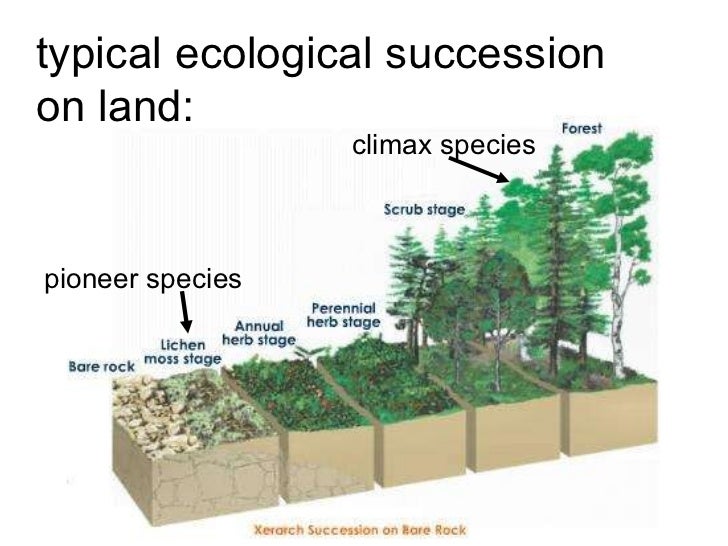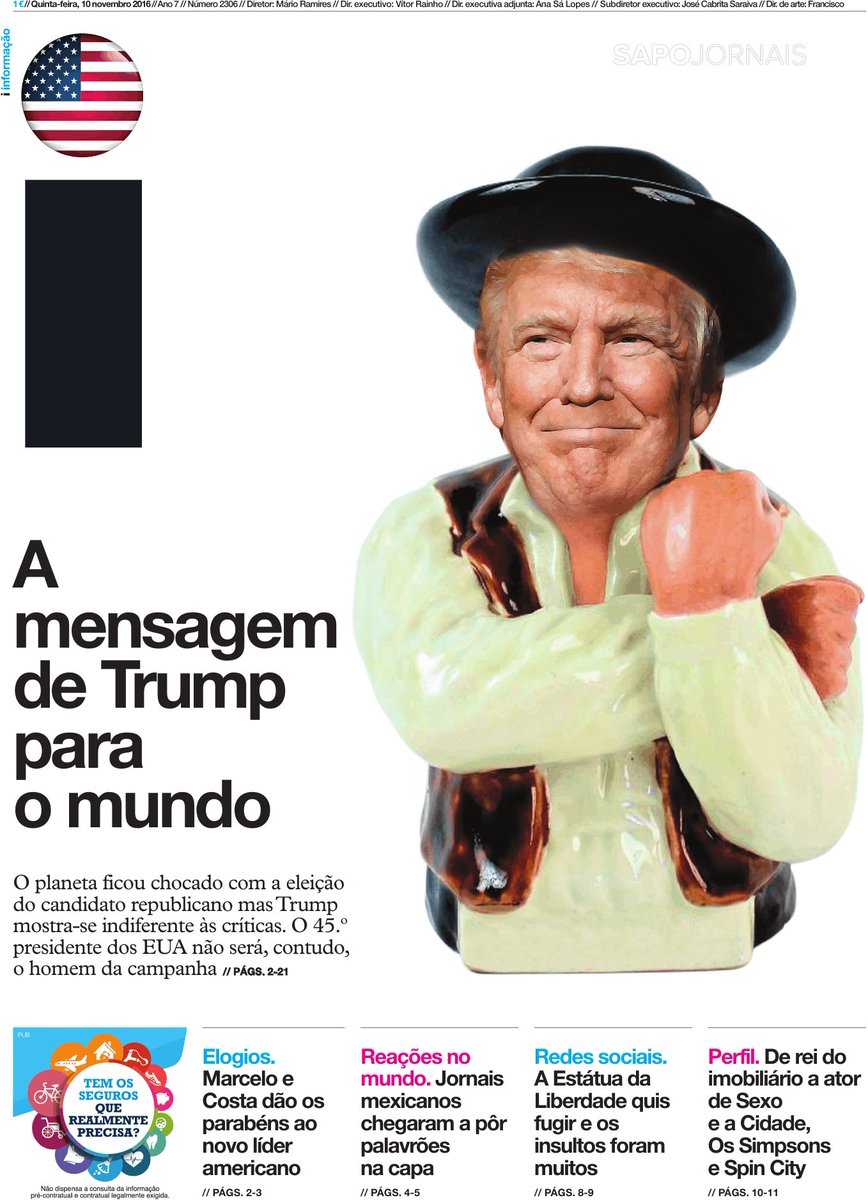Já conhecem como gosto de usar a biologia para interpretar a economia. O tempo geológico é muito mais lento do que o tempo económico. Por isso, em biologia fala-se em climax e em equilíbrio estacionário nesse estádio.
Em economia as empresas são os seres vivos, e o meio ambiente é o espaço competitivo onde elas operam, e esse espaço pode variar rapidamente. Por isso, não se deve poder falar de um climax que é perturbado de forma anómala, mas de uma sucessão mais ou menos rápida, mais ou menos pontuada de alterações em função da alteração na paisagem competitiva.
É disto que me lembro ao ler "
Abandonaram o país mas surgiram novos negócios".
Ontem, ao passar a pé junto a uma peixaria antiga em Coimbrões vi um cartaz afixado na montra: "Arrenda-se". Pensei logo na economia a funcionar. Uma velha peixaria, com pouca clientela, se calhar incapaz de fazer face ao aumento dos salários, ou da pressão fiscal, ou da pressão da segurança social. E é a vida! Os recursos são desviados mais ou menos depressa para outras actividades com mais retorno. Daí a velha frase de Nassim Taleb: "
Stressors are information".
A única coisa que estraga este ciclo natural é o activismo dos governos de turno, que ao protegerem o passado dificultam a chegada do futuro. Prefiro que perante choques
se apoiem as pessoas individualmente e se deixe ao mercado a escolha das alternativas para a nova fase.
Picking winners é a opção preferida dos socialistas de direita e de esquerda, uma opção condenada ao fracasso.






%2006.21.jpeg)












